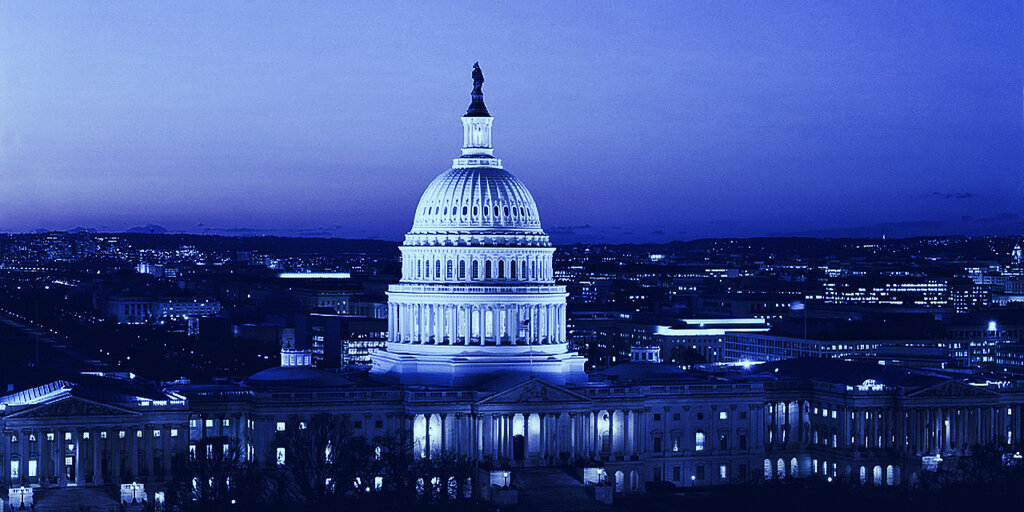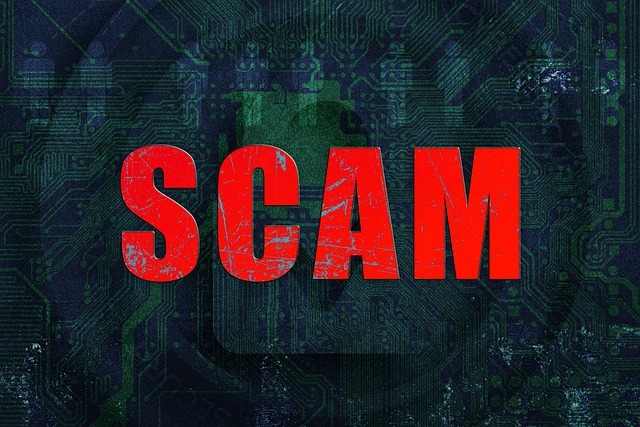The U.S. Senate is now reviewing two amendments to a contentious cryptocurrency provision tucked within a $1 trillion infrastructure bill. Depending on which (if any), they choose to adopt, proof-of-stake validators and protocol developers could be exposed to new tax reporting requirements.
The infrastructure bill, as originally drafted, sought to pay for an estimated $28 billion of its proposals by changing the tax code to list as a broker “any person who (for consideration) is responsible for and regularly provides and services effectuating transfers of digital assets.” On Wednesday, Senators Ron Wyden (D-OR), Cynthia Lummis (R-WY), and Pat Toomey (R-PA), proposed an amendment that would exempt BTC miners, cryptocurrency validators, protocol developers, and wallet creators from that provision.
Today, however, as the infrastructure bill gets closer to a vote, the provision’s sponsor, Sen. Rob Portman (R-OH), proposed his own amendment along with Sen. Mark Warner (D-VA). While the rival amendment maintains the exclusion for proof-of-work miners, validators on proof-of-stake networks such as Cardano and (soon) ETH 2.0 would still be subject to new reporting requirements, as would protocol developers.
The move threatened to undo the lobbying efforts of the cryptocurrency industry, and added another twist to an already dizzying story.
He’s right. https://t.co/RwT2eU7Sc2
— Senator Pat Toomey (@SenToomey) August 6, 2021
As the infrastructure bill began to take shape in the last week, cryptocurrency advocates took aim at the language of its $28 billion provision, calling it overly broad and suggesting it would include not only custodial actors such as exchanges but also non-custodial crypto actors. That group includes miners on proof-of-work networks and validators on proof-of-stake networks. Without any changes, the law would have required them to file 1099 forms with customer data to the IRS.
Though potentially unworkable, many, including Compound General Counsel Jake Chervinsky, worried it could put a chill on the industry. “It defies logic to adopt a regulation for which compliance is literally impossible, unless the goal is to kill the industry,” Chervinsky wrote. Others, such as cryptocurrency and civil liberties attorney Marta Belcher wrote that it would make anonymous cryptocurrency transactions impossible.
The language was updated in later drafts, but industry advocates such as Coin Center argued it didn’t go far enough to ensure miners and others wouldn’t be the targets of financial surveillance. Senators Wyden, Lummis, and Toomey felt similarly, pushing forth an amendment that explicitly excluded several non-custodial actors.
Both amendments are scheduled to be voted on tonight and need 50 votes to pass.























